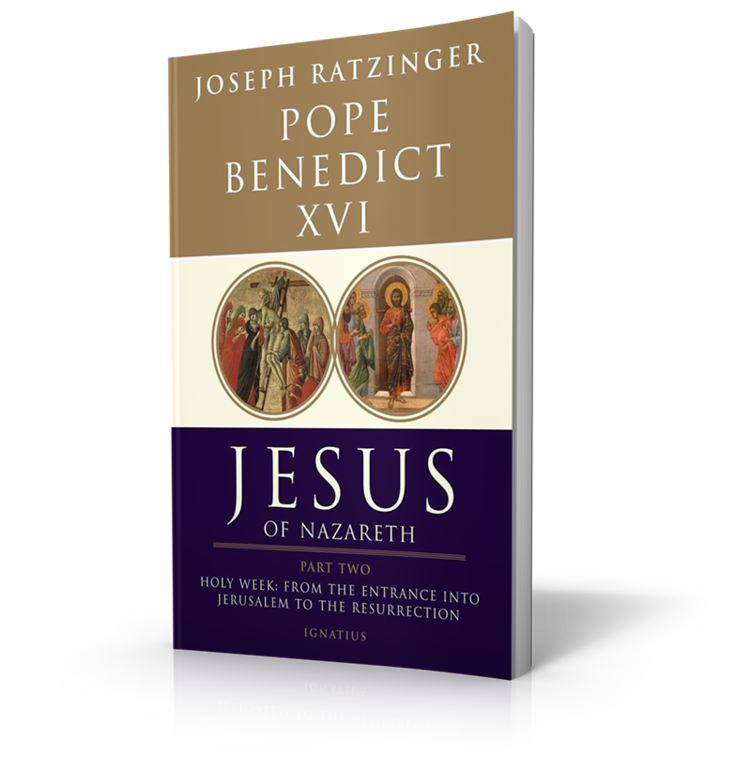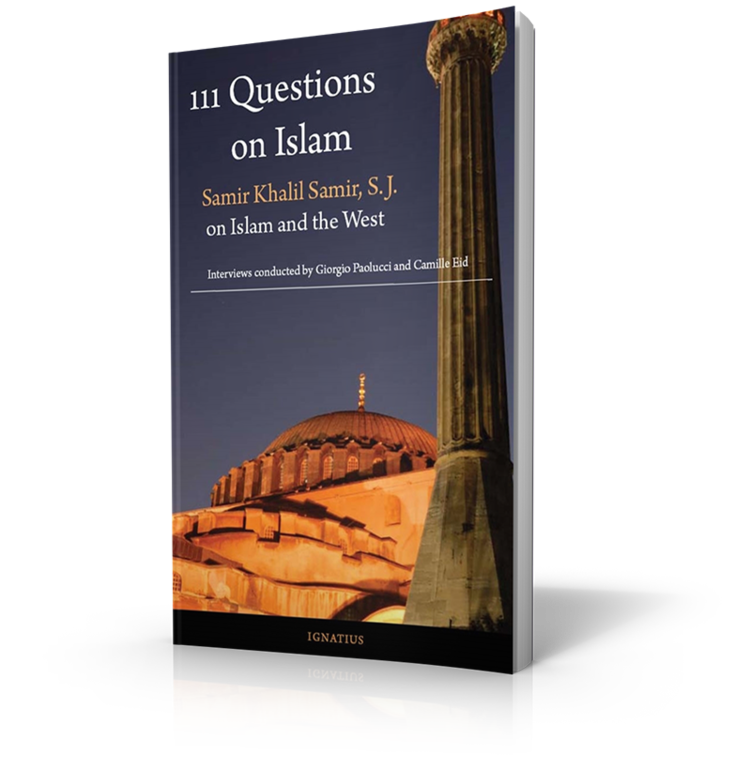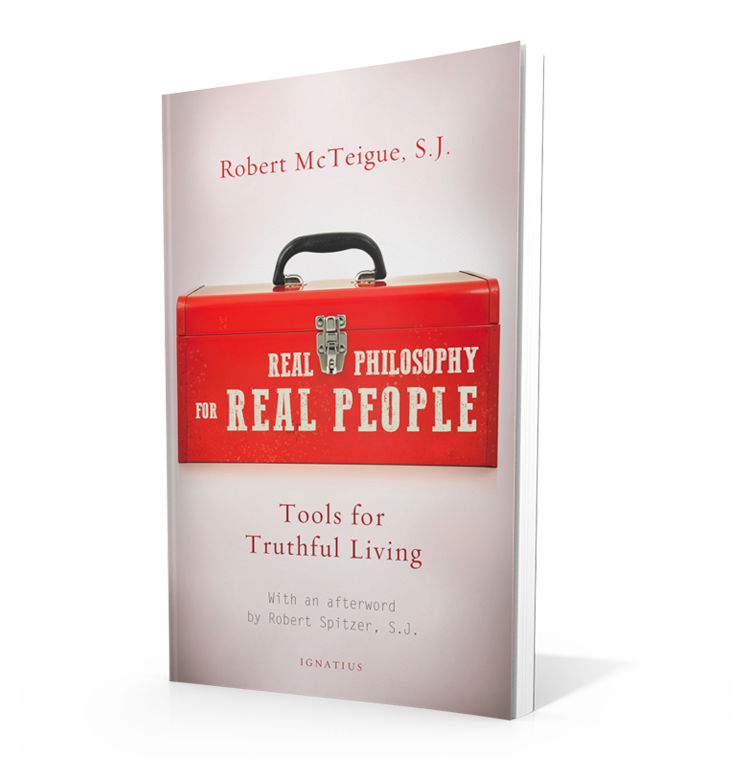Watch the Latest Discussion
Book Club Podcast
Listen to the discussions in podcast form below.
Join Fellow Book Lovers and Renowned Experts
If you want to receive updates for the FORMED book club, sign up through the form below. You'll hear from us each time a new episode is live, and be the first to know which books we're reading through in our book club!
Join Fr. Fessio, Joseph Pearce, and Vivian Dudro for a discussion every Wednesday at 1pm CST. To view the weekly discussions, subscribe to our YouTube channel and tune in on Thursdays! You can also subscribe to our Podcast to hear each week's discussion that way.
Fr. Joseph Fessio, Founder and Editor, Ignatius Press
Joseph Pearce, Director of Book Publishing, Augustine Institute
Vivian Dudro, Senior Editor, Ignatius Press
Enroll in the FORMED Book Club
If you want to receive updates for the FORMED book club, sign up through the form below. You'll hear from us each time a new episode is live, and be the first to know which books we're reading through in our book club!
Order Your Book Now!
Dare We Hope “That All Men Be Saved”?
This book is perhaps one of the most misunderstood works of Catholic theology of our time. Critics contend that von Balthasar espouses universalism, the idea that all men will certainly be saved. Yet, as von Balthasar insists, damnation is a real possibility for anyone. Indeed, he explores the nature of damnation with sobering clarity. At the same time, he contends that a deep understanding of God’s merciful love and human freedom, and a careful reading of the Catholic tradition, point to the possibility—not the certainty—that, in the end, all men will accept the salvation Christ won for all. For this all-embracing salvation, von Balthasar says, we may dare hope, we must pray, and with God’s help, we must work.
The Catholic Church’s teaching on hell has been generally neglected by theologians, with the notable exception of von Balthasar. He grounds his reflections clearly in Sacred Scripture and Catholic teaching. While the Church asserts that certain individuals are in heaven (the saints), she never declares a specific individual to be in hell. In fact, the Church hopes that in their final moments of life, even the greatest sinners would have repented of their terrible sins, and be saved.
Sacred Scripture states, “God ... desires all men to be saved and to come to the knowledge of the truth. For there is one God, and there is one mediator between God and man, the man Christ Jesus, who gave himself as a ransom for all” (1 Tim 2:4–5).
Next Book!
Orthodoxy
Gilbert Keith Chesterton is one of the most celebrated and reverently esteemed figures in modern literature. He was a phenomenally prolific writer. After achieving early success as an illustrator, he subsequently established his fame as a playwright, novelist, poet, literary commentator, pamphleteer, essayist, lecturer, apologist, and editor. The depth and range of his work are astounding.
A pagan at only 12 and totally agnostic by 16, Chesterton had the remarkable experience of developing a personal, positive philosophy that turned out to be orthodox Christianity. Orthodoxy, his account of it all, has not lost its force as a timeless argument for the simple plausibility of traditional Christianity. C.S. Lewis and many other emerging Christian thinkers have found this book a pivotal step in their adoption of a credible Christian faith. This intellectual and spiritual autobiography of the leading 20th century essayist combines simplicity with subtlety in a model apologetic that appeals to today's generations of readers who face the same materialism and antisupernaturalism as did the “man at war with his times.”
Of the numerous works that Chesterton wrote, the most scintillating synthesis of his philosophy and deeply religious faith was manifested in his masterpiece, Orthodoxy, written when he was only thirty-four and which tells, in his inimitable, soaring prose, of his earth-shaking discovery that orthodoxy is the only satisfactory answer to the perplexing riddle of the universe. Orthodoxy is perhaps the most outstanding example of the originality of his style and the brilliance of his thought.







































